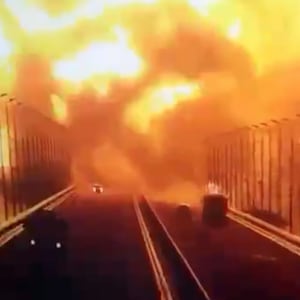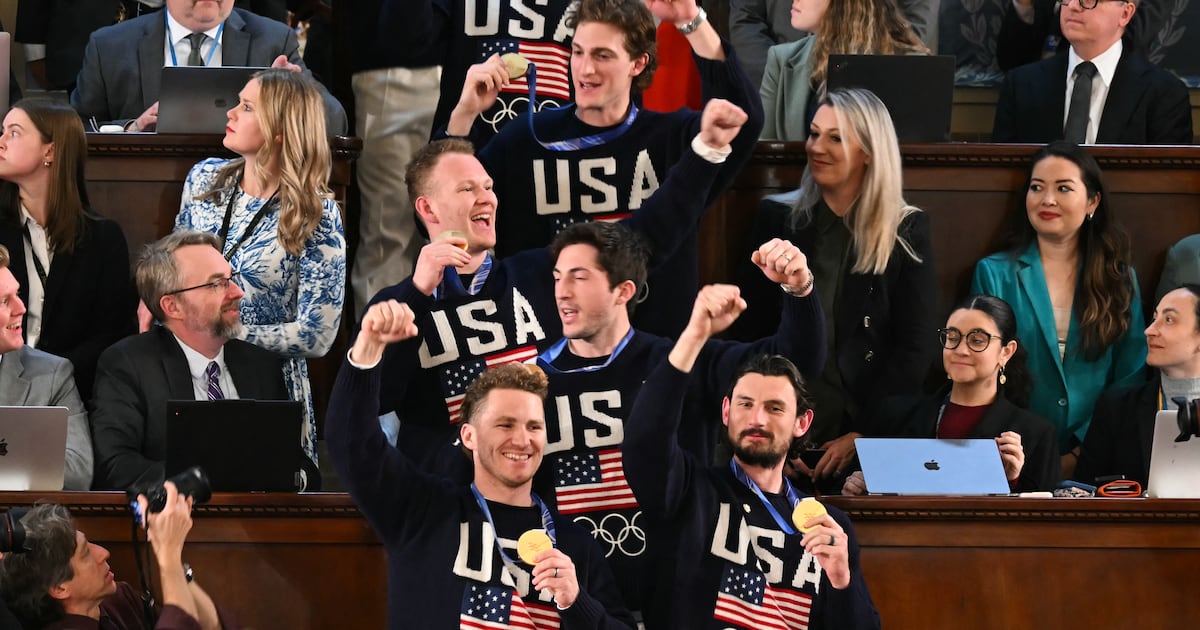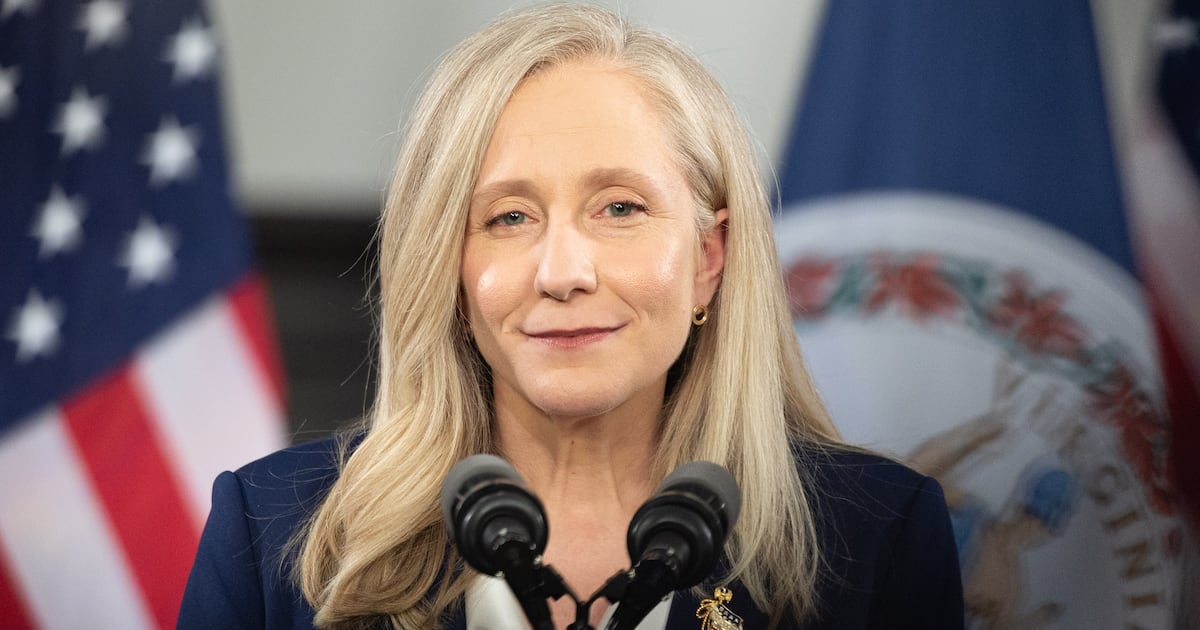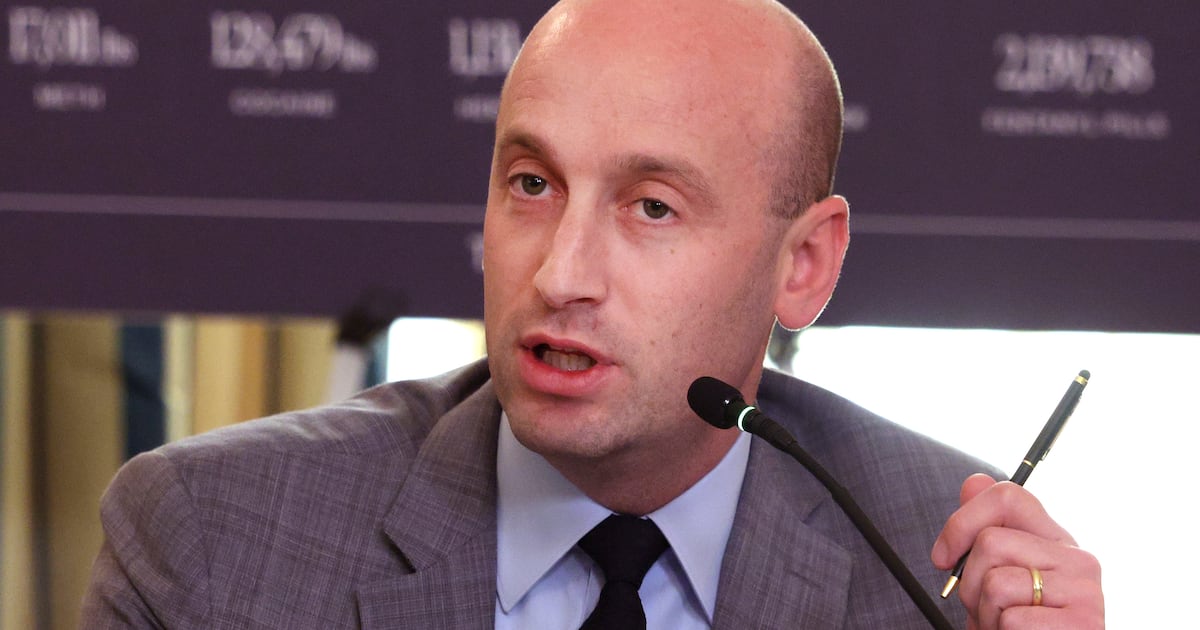It was rush hour on a Monday morning, the kids just heading off to school, when the bombs started to fall on Kyiv and war finally returned to the Ukrainian capital.
At least 14 people were killed and 100 were wounded in Russian missile attacks on Kyiv and other cities across Ukraine in what President Vladimir Putin confirmed was a reprisal for the attack on a key bridge that connects Russia to occupied Crimea. That blast Saturday, interrupting a crucial re-supply route for the Russian army in the south of Ukraine, was a symbolic and logistical hammer blow to Putin’s efforts to keep hold of illegally annexed Ukrainian territory.
“If attempts to carry out terrorist attacks on our territory continue, the measures taken by Russia will be tough and in their scale will correspond to the level of threats posed to the Russian Federation,” Putin said in a threatening video address Monday. “No one should have any doubt about it.”
The strikes came hours before one of Putin’s closest allies, Belarusian President Alexander Lukashenko, announced that a number of troops from the country’s 60,000-strong army will deploy alongside Russian troops, claiming that Ukraine had been secretly planning to attack Belarus.
Without providing evidence, Lukashenko said he had been informed of the potential strikes “through unofficial channels” and that plans were already in motion.
“I must inform you that the formation of this group has begun. It’s been going on for, I think, two days. I gave an order to start forming this group,” the Belarusian leader said, according to the BelTA news agency.
“I have already said that Ukraine today it is not just discussing but planning strikes on Belarusian territory,” he said.
“The process has begun. They [Ukraine] are being pushed by their patrons to unleash a war against Belarus in order to draw us in it and deal with Russia and Belarus at a time.”
Belarusian Defense Minister Viktor Khrenin claimed the Belarus plans were simply defensive. “We don’t intend to fight you. We don’t want to wage a war with either Lithuanians or Poles or even more so with Ukrainians. If you don’t want to either and if you don’t take wrong steps, then there will be no war.”
Air raid sirens sounded throughout the Ukrainian capital in the wake of the airstrikes, which represent the most serious attack on the city since Russian tanks first rumbled over the Ukrainian border in February. The capital's streets were filled with flames and emergency service crews. Reports suggest at least four missiles hit the city—one of which landed near a children’s playground, in a chilling re-run of a strike on a separate Kyiv playground in June.
Following Putin’s televised address, Russia’s defense ministry added that the wave of airstrikes had “achieved its goal” and that all its targets of “military command, communications, and energy facilities” had been hit.
At least 14 regions in total were struck on Monday, with widespread blackouts and other utility issues reported in the aftermath of the Russian attacks. Missile strikes were reported in Lviv, Ternopil, and Zhytomyr in western Ukraine, as well as in Dnipro in central Ukraine. Ukrainian President Volodymyr Zelensky said energy infrastructure had been targeted across the country. Zelensky claimed a total of 84 Russian cruise missiles and 24 drones had been launched, of which 56 were shot down by Ukrainian air defenses. At least 70 infrastructure sites were damaged, 29 of which have been deemed critical. Andriy Yermak, a senior adviser to Zelensky, said the strikes had no “practical military sense” and that Russia’s goal was to cause a “humanitarian catastrophe.”
In a speech, Zelensky pointed to the timing of Monday’s attacks, saying Russia “chose such a time and such targets on purpose to inflict the most damage.”
Sharing a picture of the fiery aftermath of one of the blasts in Kyiv, Ukrainian lawmaker Lesia Vasylenko tweeted: “Just minutes from my home. Just 20 minutes ago. What is Russia trying to hit? The national university? The park? Or the playground?”
“Cowards fighting playgrounds, children and people,” Andriy Yermak, the head of the president’s office, wrote on Telegram. “This is another signal to the civilized world that the Russian question must be solved by force.”
Emergency service crews were photographed tackling the blaze at the scene of one strike at an intersection near the city’s center. Windows at Kyiv’s Taras Shevchenko University were shattered, and vehicles near the blast crater were reportedly totalled by shrapnel. Harrowing videos shared on social media show civilians narrowly avoiding the missiles which tore through the city, including one at the pedestrian bridge of the Arch of Freedom of the Ukrainian people.
Residents who were in Kyiv at the time of the missile strikes Monday morning have spoke out about their grim sense of déjà vu as the capital once again came into the the Kremlin’s crosshairs.
Art curator Natalia Zabolotna was on the 16th floor of her apartment building when she heard the first explosion in the city center. “This is worse than on February 24th,” she told The Daily Beast, referring to the day when the invasion began. “They fire every 15 minutes at the center of Kyiv and I heard sounds of an airplane engine.”
Zabolotna grabbed her dog and ran downstairs to her car. “My gas tank is full but I have no idea what to do and where to drive,” she added. “The entire country is on fire.”
Hayane Avakian, the editor of Svoi.City, was in the metro heading to work when blasts tore through Kyiv’s university district. “Everything in Ukraine is a target now,” Avakian told The Daily Beast. As she continued on to her office, Avakian saw dark columns of smoke rising over the city blocks and broken glass lining the sidewalks below. “Russians are attacking us from all directions,” she said.
U.S. President Joe Biden pledged to send advanced air systems to Ukraine in a call with President Zelensky on Monday after the devastating missile strikes.
“He expressed his condemnation of Russia’s missile strikes across Ukraine, including in Kyiv, and conveyed his condolences to the loved ones of those killed and injured in these senseless attacks,” a White House statement said.
The strikes come after a huge explosion partially destroyed the Crimean Bridge over the Kerch Strait on Saturday, the day after Putin’s 70th birthday. Over the weekend, the Russian leader described the attack on the 12-mile, $3.6 billion bridge “an act of terrorism aimed at destroying critically important civilian infrastructure.” He added that the strike on Europe’s longest bridge—which left three dead— had been devised and executed by the Ukrainian security services.
While Ukraine did not claim responsibility for the attack, its senior figures celebrated the news. The bridge, which was opened in 2018 after Russia’s annexation of Crimea four years earlier, symbolically and strategically emphasized Moscow’s control over the contested peninsula.
“Everything illegal must be destroyed, everything stolen must be returned to Ukraine, everything occupied by Russia must be expelled,” Mykhailo Podolyak, an adviser to President Zelensky, tweeted after the bridge bombing.
Ahead of a meeting of Putin’s National Security Council, senior Kremlin figures vowed to avenge the bombing. “Russia can only respond to this crime by directly killing terrorists, as is the custom elsewhere in the world,” former President Dmitry Medvedev, who runs the council, said ahead of the meeting, according to state media agency Tass. “This is what Russian citizens expect.”
The same day the bridge was attacked, Putin appointed the notorious General Sergei Surovikin to take command of the Ukraine offensive. The former head of the Russian Aerospace Forces, Surovikin has built a reputation for ruthlessness over the course of a blood-soaked career. He led Russian forces in Syria in 2017, where indiscriminate airstrikes and attacks on hospitals appalled human rights organizations, but the Kremlin saw fit to make him a Hero of the Russian Federation, the nation’s highest honor.
He’s also known for breathtaking brutality against his own countrymen. During the August Coup in Moscow in 1991, Surovikin led a rifle division to smash through barricades set up by pro-democracy protesters. Three were killed during the violence, including one man crushed to death, but Surovikin was ultimately not charged for the deaths. He was later found guilty of illegally selling weapons, though the conviction was eventually overturned.
“For over 30 years, Surovikin’s career has been dogged with allegations of corruption and brutality,” British intelligence officials wrote in a recent report.
As well as the strikes on Monday, Russian shelling overnight destroyed an apartment building in the city of Zaporizhzhia, regional governor Oleksandr Starukh said. At least one person was killed and another five were injured in the strike, officials said. The city—which has never been captured by Russian forces but is the capital of one of four regions Putin recently claimed to have annexed—has been hit by shelling attacks for several days. On Sunday, 13 people died and 87 others were injured when another apartment building was hit, Ukrainian officials. Ten children were among the wounded in the attack, which President Zelensky called “absolute evil.”
“Our courage will never be destroyed by terrorist’s missiles, even when they hit the heart of our capital,” Ukrainian defense minister Oleksii Reznikov said Monday.









